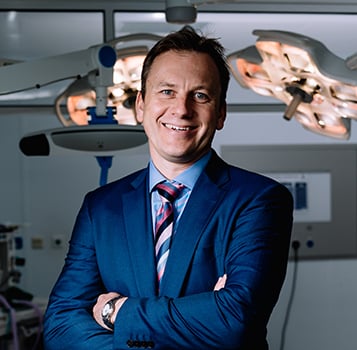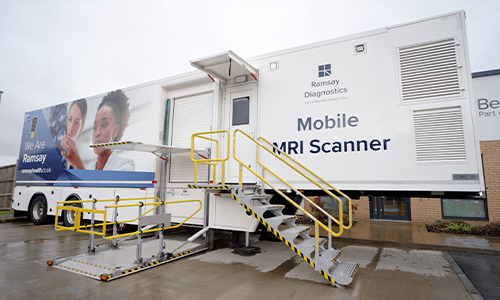If a tooth is broken or damaged, your dentist will try to fix it with a filling, crown or other treatment. Sometimes, though, there's too much damage for the tooth to be repaired and extraction is the best course of action.
There are some other circumstances where you may have to have teeth extracted. Sometimes dentists will extract teeth to prepare for orthodontic treatment or to prevent the spread of infection if a root canal treatment is deemed unsuitable.
In some cases, periodontal (gum) disease causes loosening of the teeth due to infection in the supporting bone and tissue surrounding the tooth; it may be necessary to remove the teeth if this occurs.
Wisdom Teeth
The wisdom teeth, or third molars, grow at the back of the mouth and are usually the last to erupt, often in the late teens or early twenties. Most people have 4 wisdom teeth, one in each corner.
Frequently, there is not enough room to accommodate the wisdom tooth and the result can often be painful or uncomfortable. When the wisdom teeth grow, they are often impacted forwards, into the tooth in front, or backwards, into the jaw bone. Wisdom teeth that are painful or the cause of recurrent infections or cysts are best removed.
The surgical removal of wisdom teeth is not always required; if there is no pain or problems then they can be left untouched. However, if the wisdom teeth need removing, this can be done under a local anaesthetic with sedation in our state-of-the-art dental suites. There may be some swelling or discomfort following the treatment, and this should last now more than two weeks. Your treatment from initial consultation through to aftercare will be with one of our experienced consultant oral and maxillofacial surgeons.
Before extracting a tooth, you'll usually be given local anaesthesia to numb the area around the tooth. You'll feel some pressure just before the tooth is removed, as your dental surgeon widens the tooth socket by rocking the tooth back and forth.
In some cases a cut may be needed in your gum, or the tooth may need to be cut into smaller pieces before it's removed.
Most simple tooth extraction procedures only take a few minutes, whereas the more complex cases can take 20 minutes or longer.










